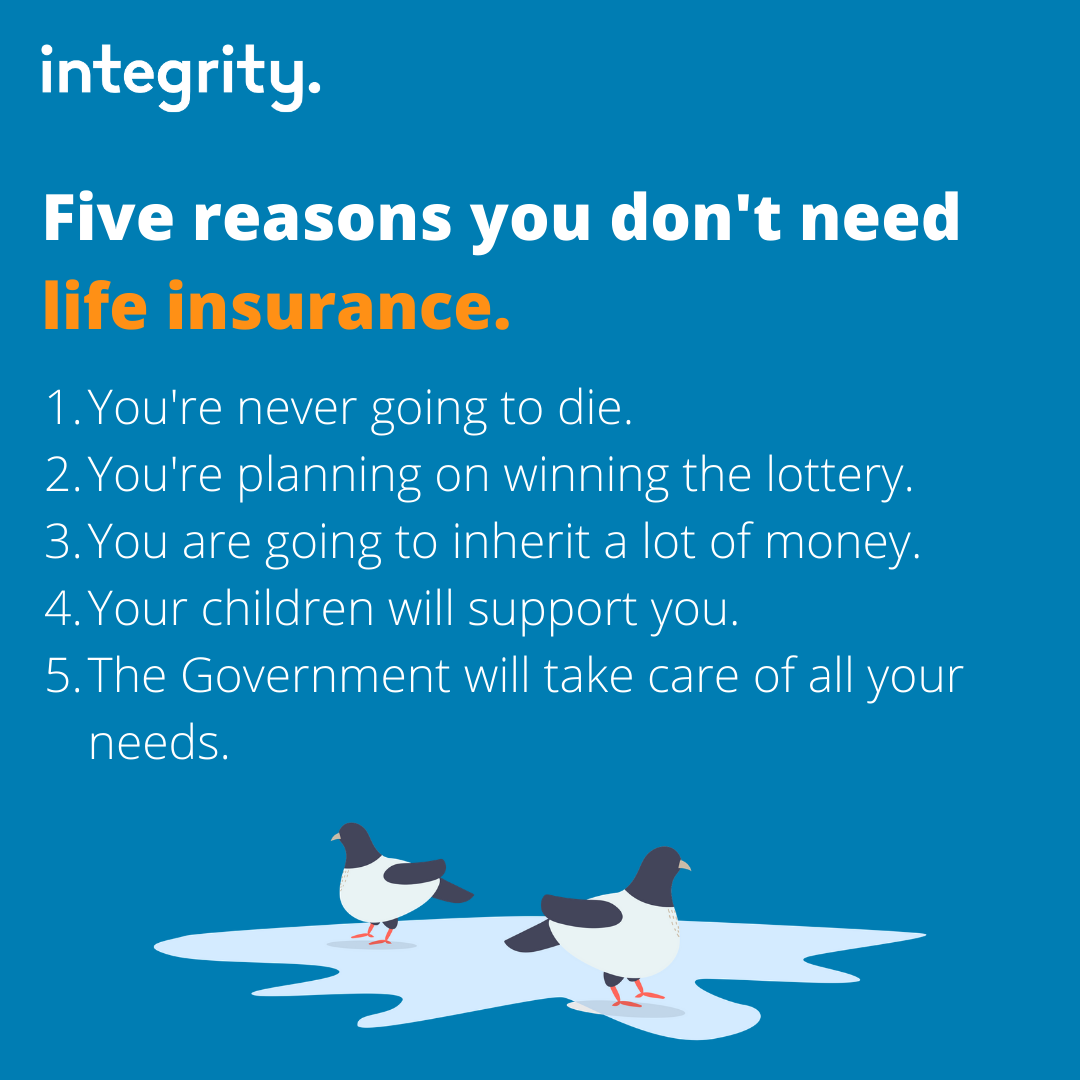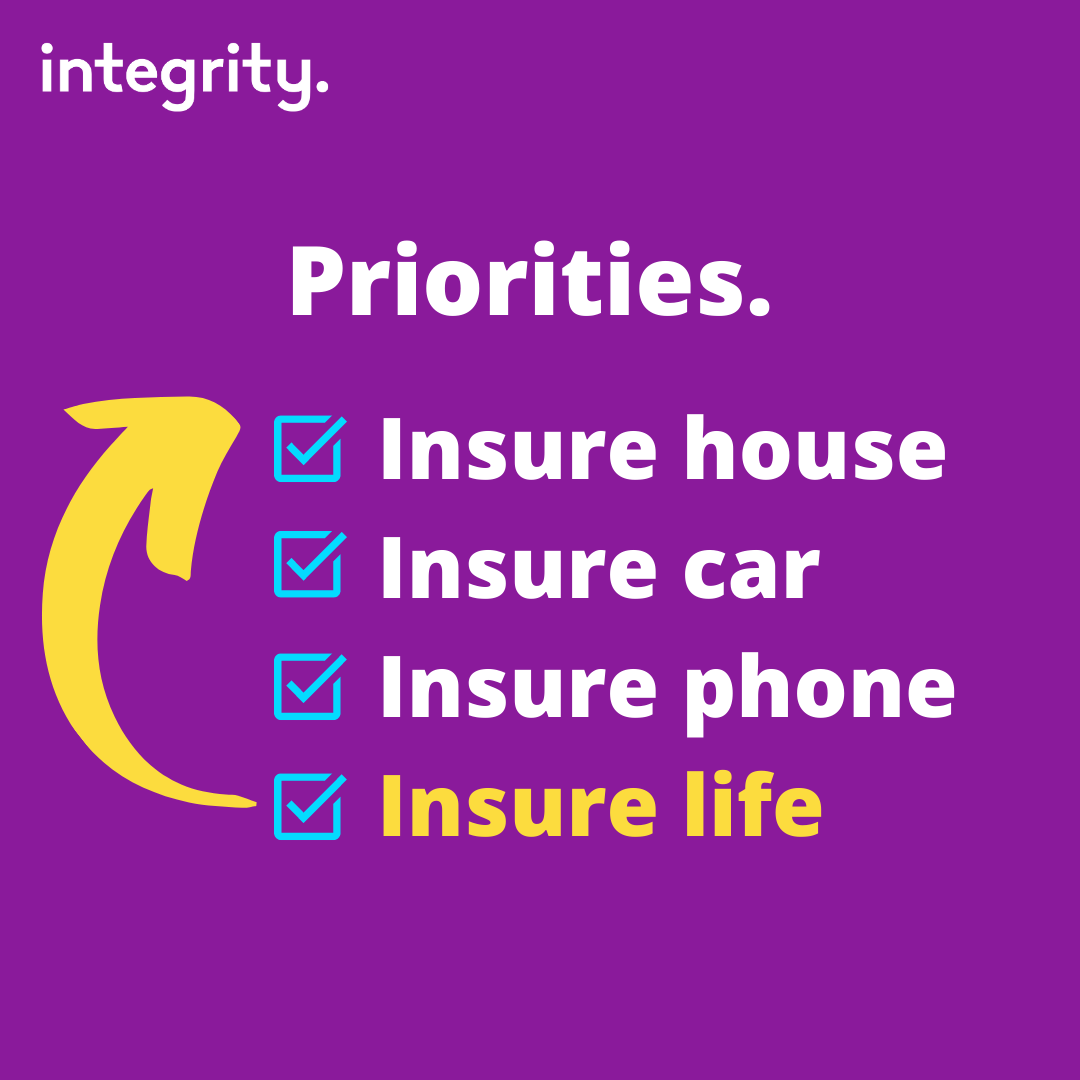
Preventative program supports employee mental health during COVID
Preventative program supports employee mental health during COVID
COVID has brought about significant and wide-reaching change in almost every aspect of human life. However, one area where we are yet to fully appreciate the cost is on our collective mental health. While we haven’t seen the full impact of long-term isolation or trauma on the Australian workforce, we do know it is coming.
Acknowledging this very issue, the Federal Government pumped an additional $500 million into suicide prevention and mental health support as part of their COVID-19 response.
Many employers have hotlines set up to deal with mental health issues as they arise. Mercer Marsh Benefits and Recovre have joined forces with Integrity to deliver a unique response to this unprecedented challenge.
Launching last November and continuing into June this year, an innovative and interactive pilot program has been created to support positive mental health in the workplace through a series of online workshops for employers. The aim is to support participants and give them the skills to navigate life in the context of challenges and pressures we haven’t seen in our lifetime. The hope is that these skills improve workplace culture, personal outcomes and prevent mental health issues escalating into more serious conditions.
David Fraser, Head of Group Life & Disability Insurance at Mercer Marsh Benefits, said: “The importance of health and wellbeing engagement, not only from a claims preventative perspective, but also allowing employers to engage and support their employees in uncertain times underpins the Mercer Marsh Benefits philosophy.”
Feedback from the initial delivery of the program has been very positive, both in terms of the program content and having access to such a program – something that is not always available to smaller enterprises.
The Employees health & wellbeing workshops for leaders.
The Integrity Life workplace wellbeing workshops are specifically designed for Integrity Life SME employers from various industries and sectors and of all sizes. These workshops provide easier access to training and expert knowledge that are relevant for SME leaders and managers in employees’ wellbeing. By supporting the leaders in their organisations with relevant and practical solutions, employers can create a healthy and productive workplace for the employees, no matter how small or large their organisation size is.
People are the most valuable asset a company has, particularly in the current tight employment market. These workshops are designed to provide support and care for your employees, to help instill a culture of health and wellbeing that will not only get the maximum benefits for the company, but also importantly provide the information and guidance individuals need to live healthy lifestyles for themselves, family, and friends.
Integrity Life
From the newsroom








